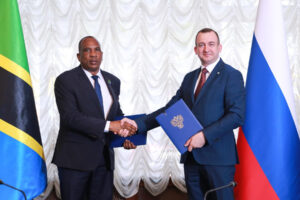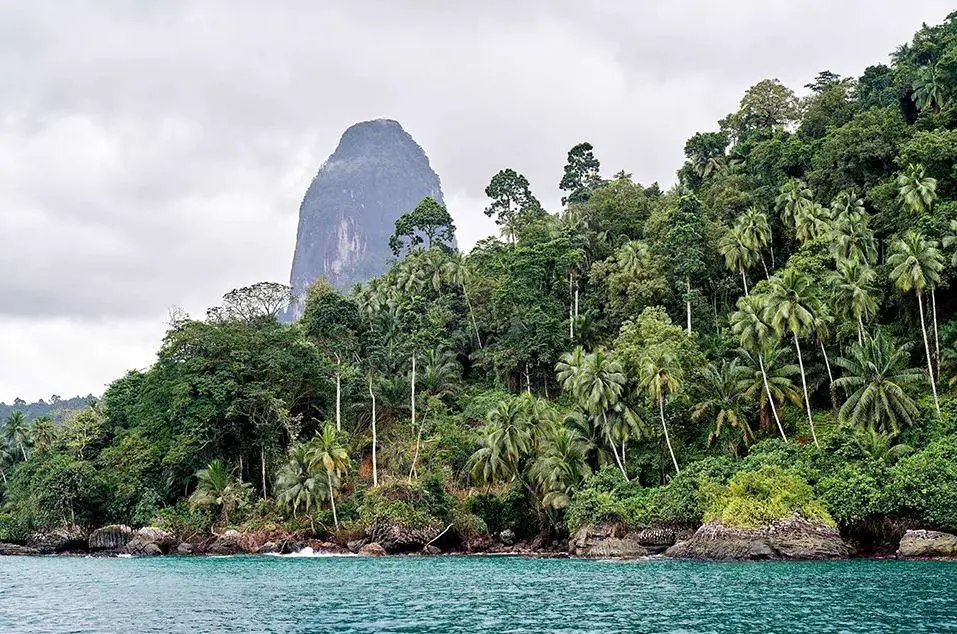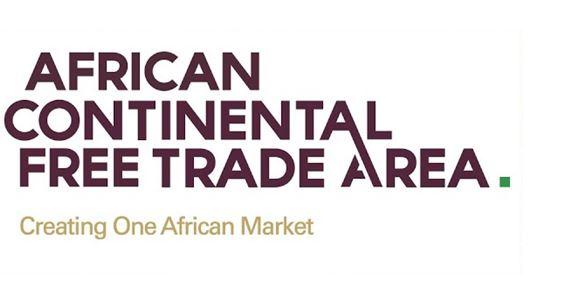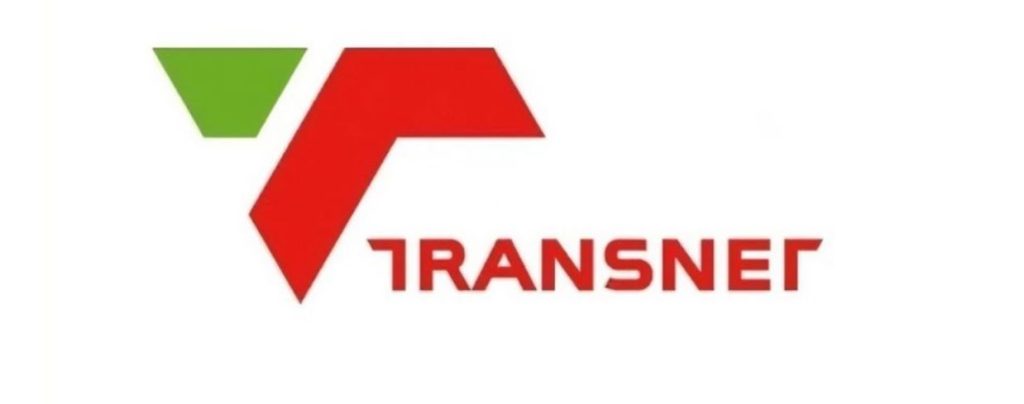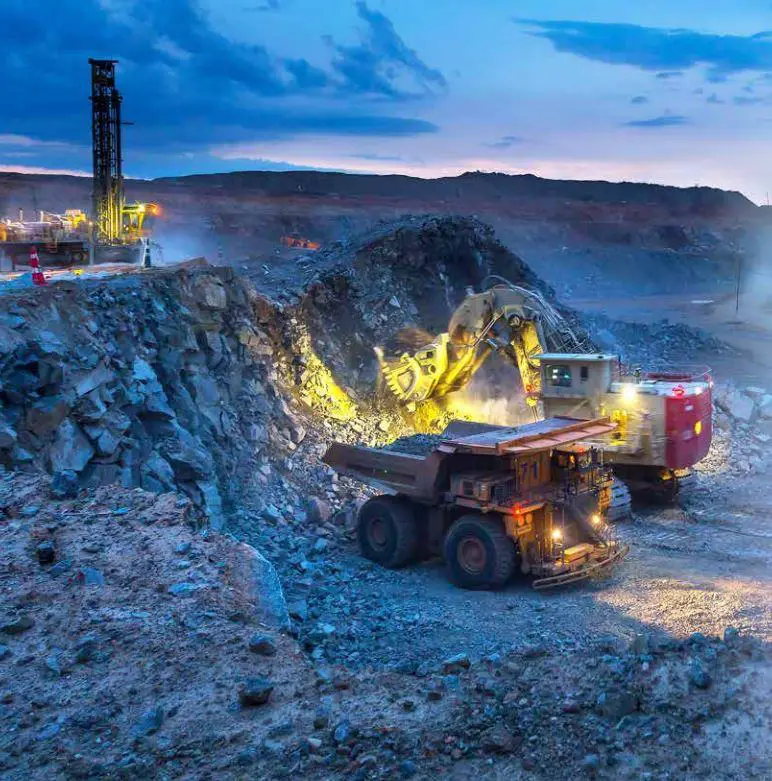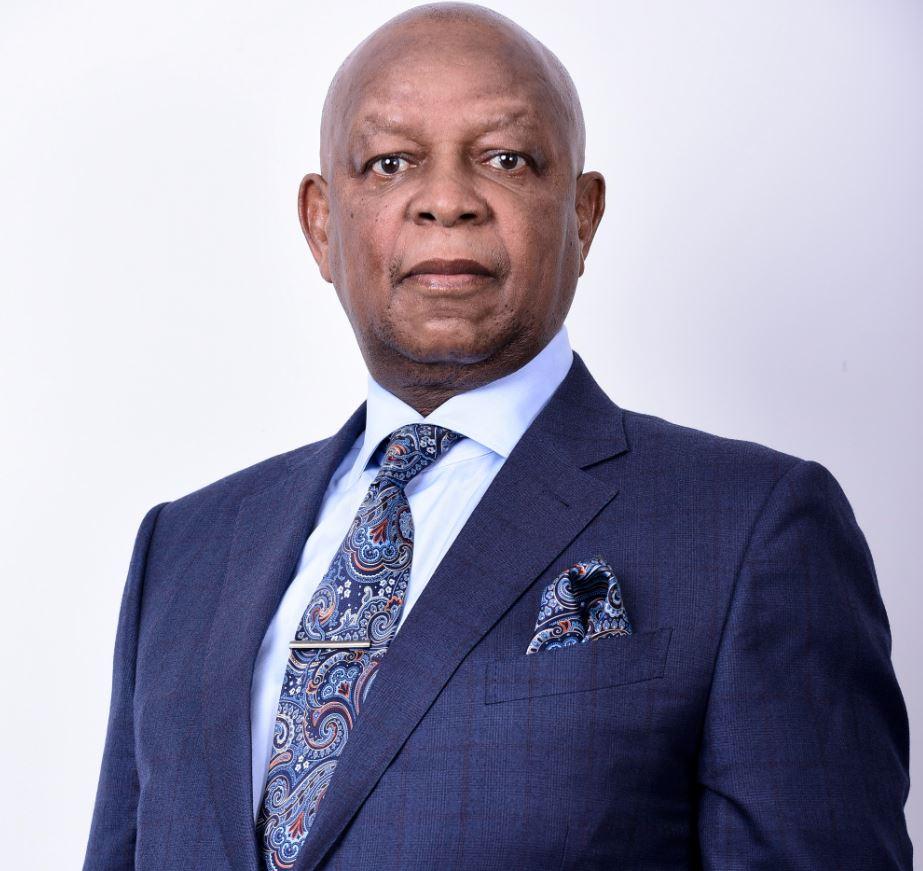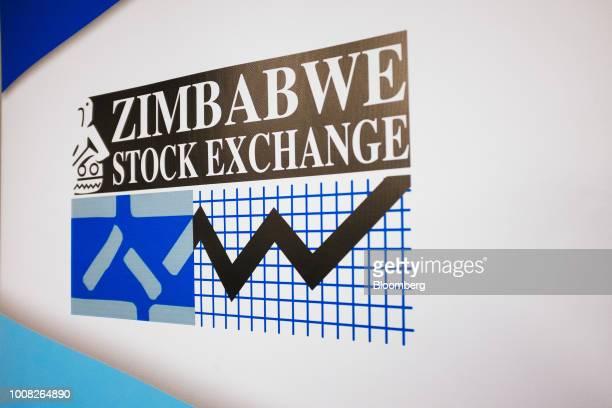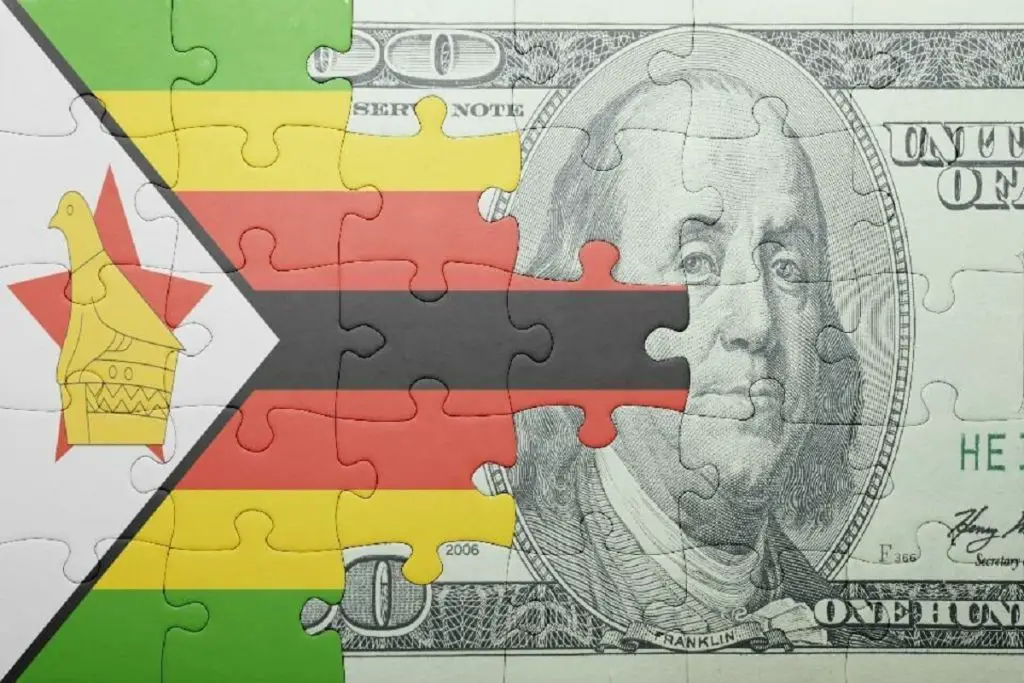- Russia and Tanzania unite to double trade, boost Africa market access
- History as Janngo Capital seals Africa’s largest gender-equal $78M tech VC fund
- South Africa Budget Disappoints Investors as Deficit Widens
- Kenya drops to 6th place in Africa trade barometer
- Tanzania’s bold move to boost cashew nut exports by 2027
- Chinese cities dominate global list of places occupied by billionaires
- Sudan tops up as Africa aims for $25 billion development fund
- Opportunities for youth: Tech firms Gebeya and NVIDIA to train 50,000 developers in Africa
Author: Laurence Sithole
I am a financial services professional with a strong background in diverse areas of banking. My skill set includes among others International Banking, Trade Finance, Commercial Lending, Customer Service, Finance, Banking, Corporate Finance, and Investment Banking. Africa is my home and I am passionate about its development,
Economically the World Bank categorizes São Tomé and Príncipe as a lower middle-income state with what it calls a fragile economy.
This is not a mischaracterization as the country relies heavily on the tourism sector, making it much more susceptible to external and exogenous shocks. This assertion is confirmed by the African Development Bank, which reported in its economic outlook on São Tomé and Príncipe that the country’s economy shrank by an estimated 6.4% in 2020 after growing by 2.2% in 2018 and 1.3% in 2019.
Will Ghana’s stance on value addition resonate in Africa?
For the first time in a decade, the contraction in output is attributed to a sharp decline in tourism and service sectors, which were severely hurt by weak external and domestic demand and COVID–19 containment measures.…
[elementor-template id="94265"]
AfCFTA will be a game changer for Africa, but its success depends on certain enablers being present. The first and most obvious impediment and an obstacle to the initiative will be mustering the political will of the signatories to implement the necessary reforms to enable its success. This may not always be politically feasible or possible.
The less obvious enablers and the financial institutions on the African continent. Their presence and activities have a direct and strong bearing on the success of AfCFTA. One of the foremost bankers on the African continent, Sim Tshabalala, the chief executive of the continent’s largest banking institution by assets, is fond of saying that banking is a derived business. This means that banks butter their bread from the activities of economic agents.
If AfCFTA is to succeed in its quest to merge the various comparative advantages of the countries that constitute Africa it will…
Transnet Freight Rail, the South African rail logistics giant has few admirers lately. It has disappointed nearly all who rely on it to haul goods from where they are produced to where they are needed.
Infrastructure is critical for the flow of goods and services in an economy. Countries that have efficient infrastructure tend to find that goods and services flow relatively easily and, in a cost-efficient manner relative to their peers whose infrastructure is not in the same condition.
Where infrastructure is not optimally developed there, tend to be bottlenecks and constrictions that hamper the flow of goods and services in an economy. This is so important because you can almost predict how well an economy can and will perform from the state of its infrastructure.
Logistics are central to economic activity anywhere. This component of a country’s infrastructure needs to be in tip-top shape to support the businesses…
Interestingly, of the US$1.5 trillion in foreign direct investment recorded in 2021, 53% of that money was channelled towards developing economies. Africa made a very strong showing in terms of foreign direct investment in 2021.
According to the report, Africa attracted US$ 83 billion in foreign direct investment compared to the US$ 39 billion it achieved in 2020. Of the global investment flows that landed on African shores in 2021 US$ 41 billion went directly to South Africa.
Despite the positive developments that occurred in 2021 in foreign direct investment, the UNCTAD report concludes by stating that the growth and momentum in FDI flows in 2021 will not be sustainable given the adverse economic developments that have occurred in 2022.
UNCTAD expects these developments will either put downward pressure on the flow of FDI or flatten the curve.…
Caledonia’s chief executive, Mark Learmoth, speaking of the Bilboes Project called it a “premier gold development project in Zimbabwe and one of the best gold development projects in Africa”.
Through its acquisition strategy, Caledonia is steadily and certainly transforming itself from being a single mine operator to one where it produces a single commodity but operating various mines and mining projects. The company’s boss called this transaction a “transformational asset” and said it was the next step in Caledonia’s journey to becoming a multi-asset mid-tier gold producer.
Prior to its acquisition strategy Caledonia operated a single mine in Zimbabwe which is the Blanket Mine situated in Gwanda, in the Matabeleland South province of Zimbabwe. The company targeted producing 80,000 ounces of gold from its mine in 2022. The acquisition of the Bilboes project, considering that it will produce 168,000 ounces of gold annually over its 10-year life of mine, means …
Ntsele and his partners began to diversify the interests of their company.
The highlight of this strategy to diversify their interests was trip Ntsele made to the United States to obtain a license to distribute Nike not only in South Africa but also in southern Africa in the early 1990s. Ntsele got the money to grow his Nike operation in southern Africa from Citibank!
The largest transaction that Ndaba Ntsele was involved in which put Pamodzi Investment Holdings on the map must be the leveraged buy-out of Food Corp. When he could not come up with the money needed to buy the company from the local banks in South Africa he went overseas to the Netherlands and got the bulk of the US$ 1.8 billion needed to acquire Food Corp! How about that for a black man with guts!
Ndabahle Ntsele and his Pamodzi Investment Holdings are certainly a class …
Visa, for its part, has lodged an application seeking to dismiss the charges. In its defence, the payments platform company said that the people who posted the victims’ underage images and those who distributed and earned money from the material caused the alleged harm and not Visa, the Washington Post reports.
The company went on to argue that it had nothing to do with the operations of the websites run by Mind Geek which include adult entertainment websites where child sexual abuse videos have been featured. Since the news of child sexual abuse broke and the landmark ruling delivered by the California court, Visa has been at pains to distance itself from the lawsuit of which it is now a defendant. The company made a statement to the Washington Post where it condemned sex trafficking, exploitation, and child sexual abuse materials as “repugnant” to its values and purpose as a …
In terms of achieving net zero carbon emissions, the largest mining companies in the world have several options – each with merits and demerits – they can explore. Mining companies can either divest, decommission, reduce emissions in existing operations, and/or offset assets that produce high greenhouse gas emissions (GHG).
Achieving net zero presents a dilemma because many of the largest miners have made their goal of reaching net zero by offsetting current emissions either through purchasing carbon offsets or investing in solutions that mitigate climate change.
Divesting assets, which is something Anglo American did with their coal assets which they spun off into a pure play standalone coal miner, will decrease a miner’s GHG emissions on a standalone basis. This move simply makes the emissions another person or entity’s challenge. The transfer of assets to third parties increases the risk that those assets may not be de-commissioned promptly or appropriately…
- Zimbabwe Stock Exchange has been one of Africa's best performing stock markets during the years 2019 to 2021
- Zimbabwe's economy officially dollarized for the second time since 2009 when it first abandoned the use of the Zimbabwe dollar.
- The Zimbabwe Stock Exchange is home to some high quality companies that generate consistent quality returns.
- When dollarization first occurred in 2009 companies in Zimbabwe were left poorly capitalized and in need of fresh capital in hard currency.
- The need for fresh capital resulted in a flurry of rights issues from companies listed on the Zimbabwe Stock Exchange which for the most part were poorly subscribed leading to the dilution of existing shareholders who could not pursue their rights when dollarization initially occurred.
- This second phase of dollarization will be like the initial phase for investors who are not prepared for it but will also be a significant opportunity for those with
Zimbabwe’s economic and currency woes run much deeper than the finance minister can allude to. For starters, the country heavily relies on imports; it produces little in the form of manufactured goods for exports. This means that the country’s means of generating income in the form of foreign exchange consist largely of producing and selling raw goods with no value addition.
This phenomenon constrains the country’s ability to generate the foreign exchange it is in desperate need of to help underscore the value of its currency. This is perhaps the biggest stumbling block to the universal adoption and warm reception of the Zimbabwe dollar.
Zimbabwe’s citizens have had unpleasant experiences with the Zimbabwe dollar even before it collapsed in 2009. The country’s citizens have seen numerous bank failures with their savings and receiving no compensation for their losses. This was in 2004 when the banking crisis claimed the scalps of…
